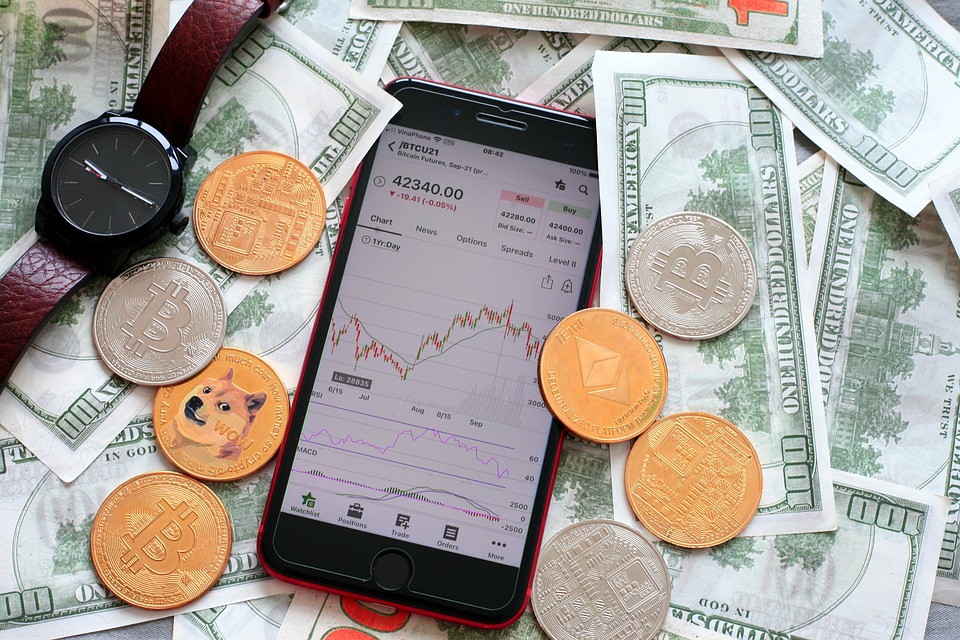In recent years, the world of cryptocurrency has exploded in popularity, with Bitcoin leading the charge as the most recognized digital asset. However, with this surge in popularity comes an equally substantial rise in threats to transaction security. From hacking attempts to phishing scams, Bitcoin holders must remain vigilant to protect their assets. This article delves into the critical elements of transaction security in crypto and provides actionable tips on keeping your Bitcoin safe from various threats.
Understanding Common Threats
Before we explore the best practices for securing your Bitcoin, it’s essential to understand the typical threats that can compromise your cryptocurrency:
-
Hacking and Exchange Breaches: Cryptocurrency exchanges are prime targets for hackers. When users hold their Bitcoin on an exchange, they expose their funds to the inherent risks associated with centralized platforms.
-
Phishing Attacks: Scammers often create fake websites that resemble legitimate exchanges or wallets, tricking users into inputting their private keys or recovery phrases.
-
Malware and Keyloggers: Specialized malware can steal private keys, login credentials, and sensitive data from users’ devices, leading to unauthorized access to wallets or exchange accounts.
-
Social Engineering: Scammers may impersonate support representatives from exchanges or wallet services to extract sensitive information from unsuspecting users.
- Physical Theft: In the digital world, physical security is just as crucial. Devices used to hold cryptocurrencies can be stolen, leading to potential loss of funds.
Best Practices for Securing Your Bitcoin
1. Use Hardware Wallets
One of the safest ways to store Bitcoin is through hardware wallets. These physical devices store your private keys offline, significantly reducing the risk of being hacked. Popular hardware wallets include Ledger Nano S/X and Trezor One. Ensure that you purchase these wallets directly from the manufacturer to avoid counterfeit items.
2. Enable Two-Factor Authentication (2FA)
Whenever possible, enable 2FA on your exchanges and wallet accounts. This additional layer of security requires you to provide a second piece of information—usually a code sent to your mobile device—when logging in or executing transactions. This can thwart unauthorized access even if your password is compromised.
3. Be Wary of Phishing Attempts
Always verify the URL of websites you visit, especially when conducting transactions. Look for HTTPS and be cautious of unsolicited emails that prompt you to click on suspicious links. Make it a habit to navigate to your exchange or wallet site directly through your browser rather than clicking links.
4. Keep Software Updated
Regularly update your wallet software, browser, and operating system to protect against vulnerabilities. Developers often release updates that patch security loopholes, so staying current can help safeguard your funds.
5. Use Strong Passwords
Create complex, unique passwords for each of your accounts related to cryptocurrency. Avoid using easily guessable information like birthdays or common phrases. Consider using a password manager to keep track of your passwords securely.
6. Utilize Cold Storage for Long-Term Holdings
For those holding substantial amounts of Bitcoin, cold storage offers an even more secure option. Cold storage refers to keeping Bitcoin offline, which can be done using hardware wallets or even paper wallets. This method isolates your funds from the internet, making them immune to hacking attempts.
7. Regular Backups
Regularly back up your wallet information, including recovery phrases and private keys, and store these backups in a secure location. This ensures that you can regain access to your funds in the event of device loss or failure.
8. Educate Yourself and Stay Informed
The cryptocurrency landscape is constantly evolving, and new threats emerge frequently. Staying informed about the latest security practices, scams, and trends can help you better protect your funds. Engage with community forums and resources to share experiences and learn from others.
9. Avoid Public Wi-Fi
Conducting transactions over unsecured public Wi-Fi networks can put your information at significant risk. If you must use public networks, consider utilizing a reliable Virtual Private Network (VPN) to encrypt your internet connection.
10. Be Mindful of Social Engineering
Be cautious about sharing any personal information online and verify identities before speaking with someone regarding your wallet or exchange account. If you receive a call or message from someone claiming to be from customer support, do not give them any sensitive information without verifying their identity through official channels.
Conclusion
As the popularity of Bitcoin and other cryptocurrencies continues to grow, so does the potential for threats that can jeopardize transaction security. By understanding common risks and implementing effective strategies to secure your assets, you can enjoy the benefits of cryptocurrency while minimizing the risk of loss. Remember, vigilance is key in the digital realm—always prioritize security and stay educated to keep your Bitcoin safe from threats.


